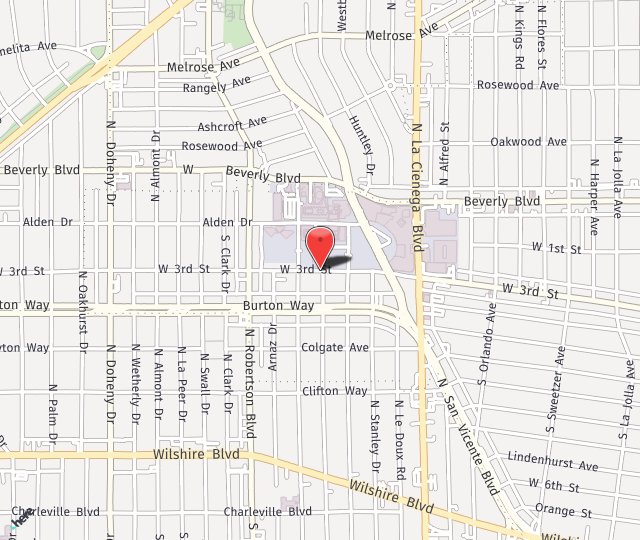Damage to the Peripheral Nerves
- Posted on: Nov 15 2019
 Our peripheral nervous system is a network of 43 pairs of motor and sensory nerves that connect the brain and spinal cord to the rest of the body. These are the network of nerves that connect our sense organs, muscles, glands, and internal organs to the central nervous system.
Our peripheral nervous system is a network of 43 pairs of motor and sensory nerves that connect the brain and spinal cord to the rest of the body. These are the network of nerves that connect our sense organs, muscles, glands, and internal organs to the central nervous system.
Injury or damage to these nerves is known as peripheral neuropathy. Polyneuropathy describes any situation where multiple nerves are affected at the same time. Mononeuropathy describes conditions that affect a single nerve. Carpal tunnel syndrome is mononeuropathy.
Damage
It can seem complicated, but to simplify things, you can think of the peripheral nervous system as a complicated wiring system for carrying messages to and from the brain and the spinal cord. If you continue with the analogy, the copper or live part of the wire in a nerve is called the axon. Axons connect one nerve cell to another. To protect the axons, they are wrapped (just like copper wire is with plastic or rubber) in a fatty substance called myelin. Sometimes the smaller nerves at the smaller branches of the nervous system aren’t covered with myelin.
The causes of peripheral neuropathy are varied. Diabetes is the lead cause in the U.S. Excessive alcohol consumption, nutritional deficiencies, exposure to toxic chemicals, and autoimmune disorders all can lead to nerve damage. Causes cannot always be pinpointed, however.
With mononeuropathy, direct physical injury is often behind the damage. This is the case with carpal tunnel syndrome, where prolonged pressure on the median nerve as it comes through the carpal tunnel leads to pain and loss of function in the hand and fingers.
How it feels
Peripheral neuropathy from diabetes, kidney problems, or excessive alcohol consumption usually involves the axons. The far ends of the longest axons in the body are usually affected first. That would be the feet and toes, followed by the hands and fingers. At first, there’s vague discomfort and a loss of feeling. Sometimes this is related to the feet having a wooden feeling. In addition to numbness, the symptoms of axon-related neuropathy include burning sensations, pins-and-needles, and outright pain with a stabbing quality. Pain can come from typically harmless stimuli, such as a light touch on the skin. This is a condition called allodynia.
Treatment
For treatment, Dr. Seruya may simply seek to remove the cause, or to at least rein it in. For instance, nerve damage due to diabetes can turn around and the nerves may heal if the patient controls his or her blood sugar levels. In cases where the nerve or the myelin insulation are cut, Dr. Seruya needs to perform nerve surgery to repair the nerve and regain function.
One thing to note: not heeding the signs and symptoms of nerve damage is a bad idea. Nerve damage is usually reversible, if it is not left for 12-18 months. If not treated by that point, the damage may become permanent.
If you have signs of peripheral neuropathy, nerve damage, please call Dr. Seruya at (310) 423-2129 to schedule a consultation.
Posted in: Nerve Damage

